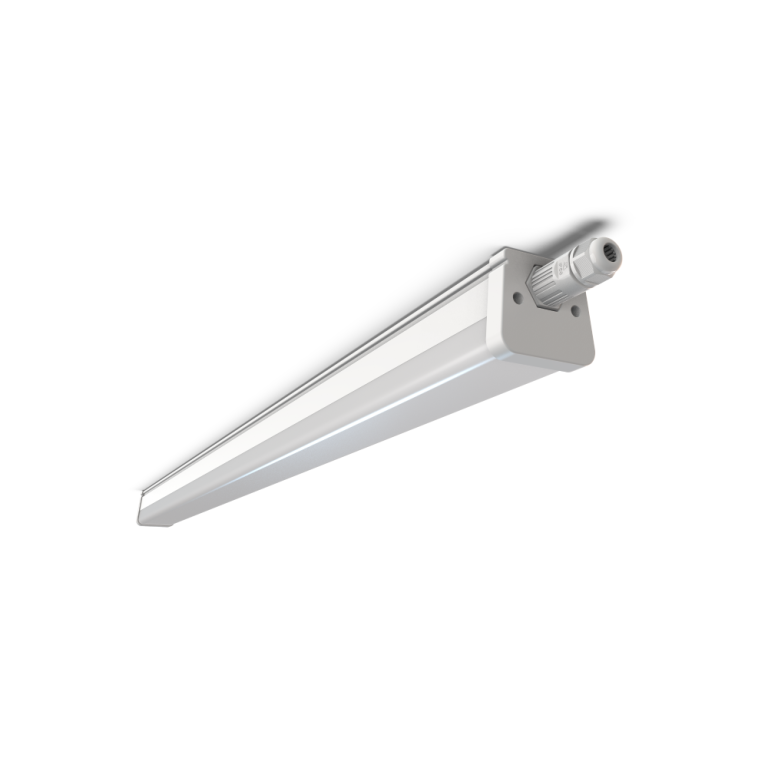LED emergency lights with nanophosphate battery
Nanophosphate batteries, often referred to as lithium iron phosphate (LiFePO4) batteries, are a type of rechargeable battery technology that has gained popularity due to its unique properties and advantages over other lithium-ion battery chemistries. These batteries are known for their safety, long lifespan, and ability to provide stable and consistent power output.
Here are some key features and characteristics of nanophosphate (LiFePO4) batteries:
- Safety: One of the primary advantages of nanophosphate batteries is their inherent safety. The lithium iron phosphate chemistry is less prone to thermal runaway and overheating compared to other lithium-ion chemistries. This makes them less likely to catch fire or explode under extreme conditions.
- Long Cycle Life:Nanophosphate batteries have an exceptionally long cycle life, meaning they can undergo a large number of charge and discharge cycles before experiencing significant capacity degradation. This makes them suitable for applications where long-term reliability and durability are important.
- Stability: These batteries offer a stable voltage profile throughout most of their discharge cycle, which provides a more consistent power output compared to other lithium-ion chemistries that experience voltage drops as they discharge.
- High Discharge Rate: Nanophosphate batteries can deliver relatively high discharge currents, making them suitable for applications that require bursts of high power, such as power tools and electric vehicles.
- Wide Operating Temperature Range: They can operate effectively across a wide range of temperatures, making them suitable for both cold and hot environments.
- Lower Energy Density: One trade-off of nanophosphate batteries is that they generally have a lower energy density compared to other lithium-ion chemistries, which means they store less energy per unit of volume or weight. However, advancements in technology have improved the energy density of these batteries over time.
Nanophosphate batteries find applications in various industries and devices, including:
- Electric Vehicles (EVs): Their safety, long cycle life, and high power output make them a popular choice for electric vehicle powertrains.
- Renewable Energy Storage: Nanophosphate batteries are used for storing energy generated from renewable sources like solar panels and wind turbines, thanks to their durability and consistent performance.
- Industrial Backup Power: They are used for providing backup power to critical systems in industrial settings due to their reliability and stability.
- Marine Applications: The safety and durability of nanophosphate batteries make them suitable for use in marine environments, such as boats and yachts.
- Consumer Electronics: While less common due to their energy density, nanophosphate batteries have been used in certain consumer electronics applications where safety and longevity are prioritized over compactness.
Overall, nanophosphate (LiFePO4) batteries have positioned themselves as a viable and safer alternative in various applications where the benefits of stability, safety, and long cycle life outweigh the need for the highest energy density.
FANXSTAR’s LED emergency lights could be used nanophosphate battery depends on your need.









